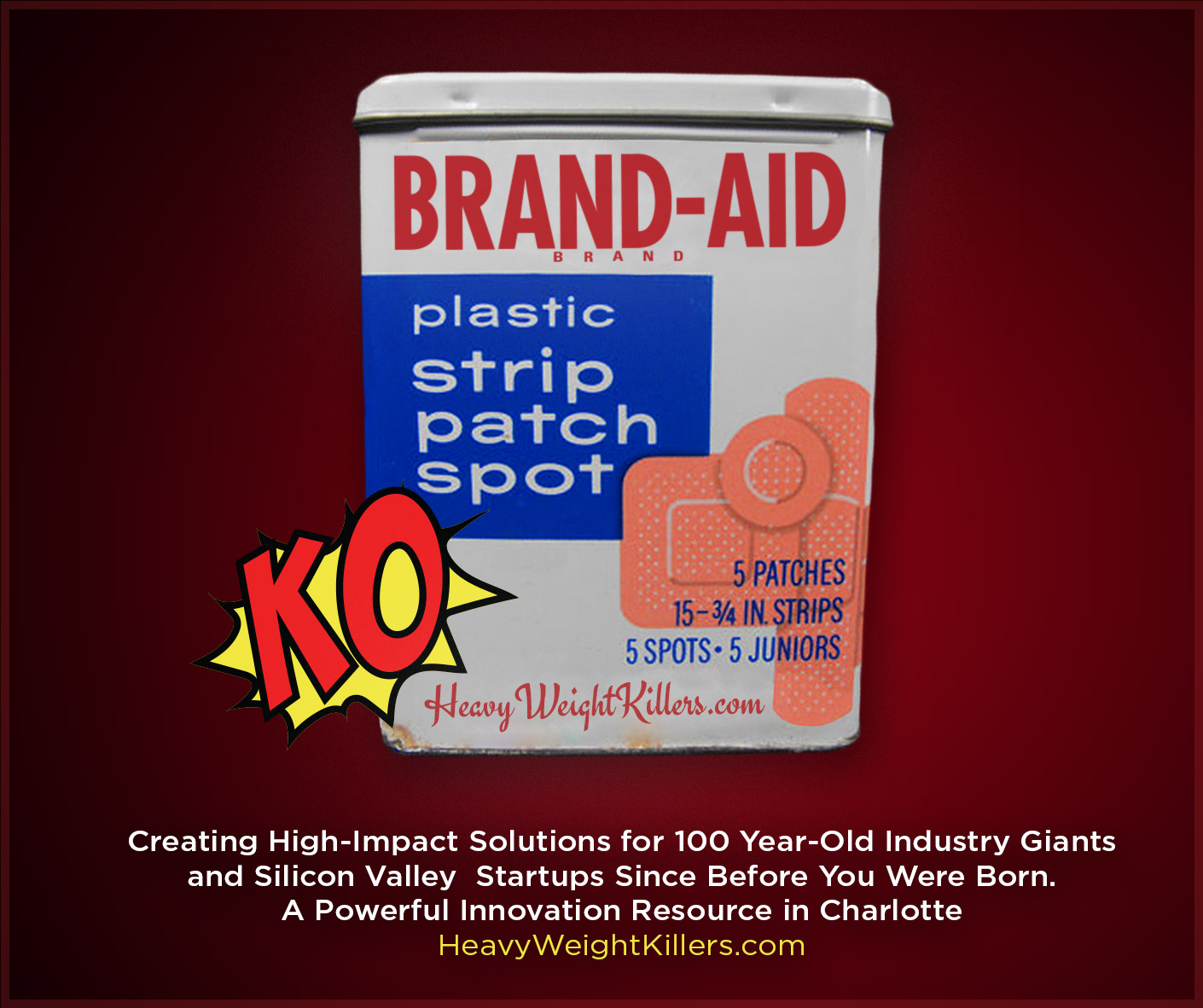Are They Worth It? 26 Qualifying Questions to Ask Prospects
How many times have you pitched a potential client, or sent a proposal, only to get a “Thanks, we’ll think about it and get back to you” email or phone call?
If you’re like most agencies, you pitch way more often than you close. And after awhile, you can become so discouraged you want to throw in the towel. Many agencies struggle with cash flow and thus leap at the chance to pitch anyone, hoping to get some business, any business, to keep the cash coming. And while we all need to put food on the table, is that really the best way to use what limited resources (time, energy, and money) you’ve got?
Of course getting work is important. But we’ve seen time and time again that getting the right kind of work from the right kind of customer is more important. Otherwise you’ll wind up selling your soul and that wonderful agency you started and love becomes nothing more than a job you hate.
There is a better way. The most successful agencies have a disciplined sales process they follow religiously. So if you haven’t mastered the fine art of sales or don't have a clue about where to start when qualifying a prospect, there’s no time like the present to get started.
What Is Qualifying?
Qualifying is determining whether or not that guy who called to find out about your services is worthy of the time and effort it will take for you to convert him into a customer. That’s right -- worthy of your time and effort. Because your time is valuable. Time is a non-renewable resource. Once gone, you can’t get it back. So it makes sense to use it as wisely as possible.
Just because some guy has raised his hand (filled out a form online, dropped a business card into your booth’s fish tank, or called to ask about your services, etc.), that doesn’t make him a lead. It just makes him kinda, sorta interested. It’s still too early in the process to know whether or not it’s a genuine opportunity. The courtship hasn’t even begun.
Provocative Qualifying Questions
Here are some great questions we’ve heard asked at various stages of qualification. Use these as a jumping off point to create your own list so you can quickly disqualify non-opportunities and engage with the golden ones:
- 1] For what reasons are you looking to hire a new agency now? What triggered your decision to hire an agency? What’s made this so urgent or important?
- 2] What experiences, good and bad, have you had with other agencies? What do you want to be different this time around?
- 3] What results do you expect to see from the work we do together?
- 4] What are your company’s goals?
- 5] What’s your most important priority? What’s your most urgent priority? If they’re not the same, ask: What will it take to focus on the most important priority? How can the urgent priority get downgraded? What’s your company’s biggest marketing challenge?
- 6] What’s keeping you from overcoming or meeting that challenge?
- 7] What internal resources do you have to apply to this challenge?
- 8] How well are your competitors doing?
- 9] What are your competitors doing that you’re not and wish you were?
- 10] What do you want to be the best at? What do you want your company or department to be renowned for?
- 11] What are you willing to stake your reputation on?
- 12] What’s the average lifetime value of a customer?
- 13] What’s your customer acquisition cost?
- 14] What’s your current marketing return on investment?
- 15] Out of all your company’s departments, which one does your team most struggle working with?
- 16] What’s your department’s relationship like with your sales team?
- 17] How could you improve your relationship with (internal department named in No. 16)?
- 18] What’s your process for choosing an agency? Have you used this process before? What worked or didn’t work? What will you do to get a different result?
- 19] Who’s involved in making the decision? Who signs the contract?
- 20] If you don’t hire an agency, how will you meet this challenge? What will you do?
- 21] How will you know we’ve been successful?
- 22] If marketing doesn’t improve, what will it cost your company?
- 23] If we deliver on agreed upon goals, what’s that worth to your company?
- 24] What problems do you see down the road that could obstruct or constrain our working together?
- 25] What makes you lose sleep at night? Or what do you need so you can sleep at night?
You won’t get it right the first time, the second, or even the third time. You have to keep tweaking it until you get your process and questions to work for you. With persistence, you’ll get there. The sooner you do it, the better clients you’ll get, the more fun you’ll start having, and the more successful your business will be.
Source: Hubspot





